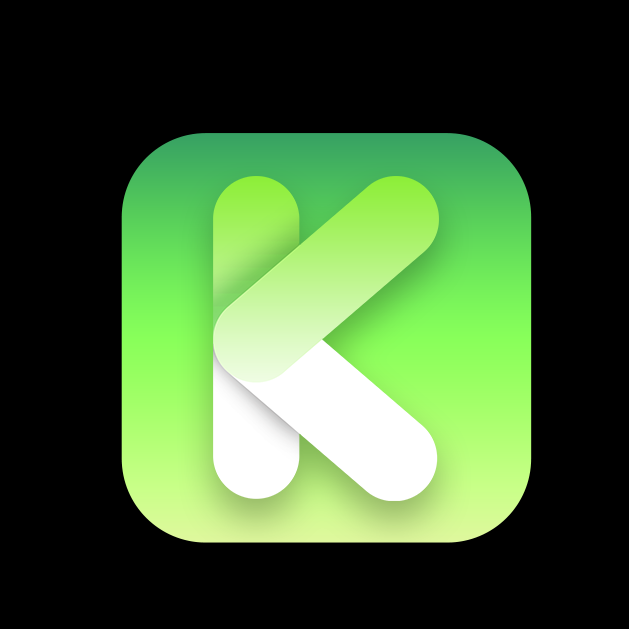- FAVORITES
- News Feed
- EXPLORE
- Pages
- Groups
- Marketplace
- Games
- Web Marketing Executive at Market Research Future
- Lives in New York
- From New York
- Studied MCA at USA UniversityClass of A
- Female
- Followed by 0 people
Recent Updates
- Understanding Accounting Software: Features, Benefits, and How to Choose the Right One
Accounting software has become an indispensable tool for businesses of all sizes. Designed to streamline financial management, it automates tasks like invoicing, payroll, tax filing, and reporting. By replacing manual bookkeeping with digital solutions, businesses can enhance accuracy, save time, and ensure compliance. From freelancers to large enterprises, accounting software supports efficient financial operations and strategic planning, ensuring smooth business workflows.
Source - https://www.marketresearchfuture.com/reports/accounting-software-market-7749
Modern accounting software typically includes a range of features that simplify daily financial tasks. These include general ledger management, automated invoicing, bank reconciliation, inventory tracking, and financial reporting. Many platforms also offer integrated payroll processing and tax management, reducing administrative burdens. Advanced options may include real-time dashboards, audit trails, and multi-currency support, catering to complex accounting needs.
One of the greatest advantages of accounting software is improved accuracy. Automated calculations help reduce human error, ensuring more reliable financial data. Additionally, businesses gain time-saving benefits as routine processes like billing and reconciliation are handled faster. Accounting software also enhances data security, offers better document organization, and supports informed decision-making through real-time insights and analytics.
Accounting software comes in two main deployment types: cloud-based and on-premise. Cloud-based solutions offer flexibility, automatic updates, and remote access—ideal for businesses with distributed teams. On-premise software, on the other hand, gives organizations full control over their data and infrastructure but typically requires higher upfront investment and IT support. Each type has its merits depending on the business model and resource availability.
Selecting the right accounting software involves assessing your business’s specific needs. Start by evaluating the size of your company, transaction volume, and industry requirements. Look for software that integrates seamlessly with existing tools like CRM or payroll systems. Consider user-friendliness, customer support, and scalability. It’s wise to test software through free trials to ensure it matches your workflow and financial goals.
Understanding Accounting Software: Features, Benefits, and How to Choose the Right One Accounting software has become an indispensable tool for businesses of all sizes. Designed to streamline financial management, it automates tasks like invoicing, payroll, tax filing, and reporting. By replacing manual bookkeeping with digital solutions, businesses can enhance accuracy, save time, and ensure compliance. From freelancers to large enterprises, accounting software supports efficient financial operations and strategic planning, ensuring smooth business workflows. Source - https://www.marketresearchfuture.com/reports/accounting-software-market-7749 Modern accounting software typically includes a range of features that simplify daily financial tasks. These include general ledger management, automated invoicing, bank reconciliation, inventory tracking, and financial reporting. Many platforms also offer integrated payroll processing and tax management, reducing administrative burdens. Advanced options may include real-time dashboards, audit trails, and multi-currency support, catering to complex accounting needs. One of the greatest advantages of accounting software is improved accuracy. Automated calculations help reduce human error, ensuring more reliable financial data. Additionally, businesses gain time-saving benefits as routine processes like billing and reconciliation are handled faster. Accounting software also enhances data security, offers better document organization, and supports informed decision-making through real-time insights and analytics. Accounting software comes in two main deployment types: cloud-based and on-premise. Cloud-based solutions offer flexibility, automatic updates, and remote access—ideal for businesses with distributed teams. On-premise software, on the other hand, gives organizations full control over their data and infrastructure but typically requires higher upfront investment and IT support. Each type has its merits depending on the business model and resource availability. Selecting the right accounting software involves assessing your business’s specific needs. Start by evaluating the size of your company, transaction volume, and industry requirements. Look for software that integrates seamlessly with existing tools like CRM or payroll systems. Consider user-friendliness, customer support, and scalability. It’s wise to test software through free trials to ensure it matches your workflow and financial goals.0 Comments 0 SharesPlease log in to like, share and comment! -
More Stories



